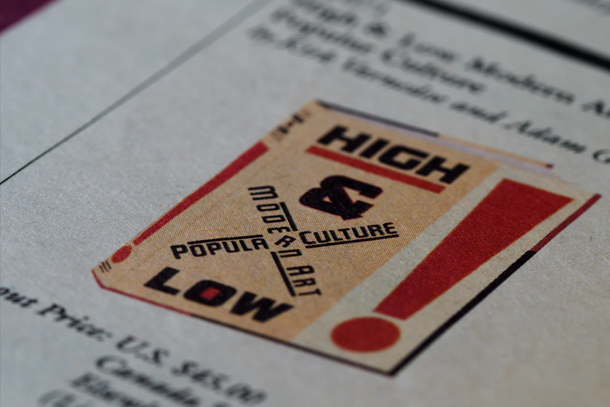Vediamo oggi come aggiungere font custom al nostro tema su Magento
Per prima cosa aggiungiamo i font nella directory del nostro tema app/design/frontend/<your_vendor_name>/<your_theme_name>/web/fonts
Andiamo in seguito a definire la nostra regola @font-face. Per fare questo nel file
src/app/design/frontend/<your_vendor_name>/<your_theme_name>/web/css/source/_typography.lessinseriamo le seguenti istruzioni
& when (@media-common = true) {
.lib-font-face(
@family-name: @font-family-name__base,
@font-path: '@{baseDir}fonts/BioRhyme/BioRhyme-ExtraLight',
@font-weight: 200,
@font-style: normal,
@font-display: swap
);
.lib-font-face(
@family-name: @font-family-name__base,
@font-path: '@{baseDir}fonts/BioRhyme/BioRhyme-Light',
@font-weight: 300,
@font-style: normal,
@font-display: swap
);
.lib-font-face(
@family-name: @font-family-name__base,
@font-path: '@{baseDir}fonts/BioRhyme/BioRhyme-Regular',
@font-weight: 400,
@font-style: normal,
@font-display: swap
);
.lib-font-face(
@family-name: @font-family-name__base,
@font-path: '@{baseDir}fonts/BioRhyme/BioRhyme-Bold',
@font-weight: 700,
@font-style: normal,
@font-display: swap
);
.lib-font-face(
@family-name: @font-family-name__base,
@font-path: '@{baseDir}fonts/BioRhyme/BioRhyme-ExtraBold',
@font-weight: 800,
@font-style: normal,
@font-display: swap
);
}Questo codice andrà a creare le seguenti regole nel file style-m.css
@font-face {
font-family: 'BioRhyme';
src: url('../fonts/BioRhyme/BioRhyme-ExtraLight.woff2') format('woff2'), url('../fonts/BioRhyme/BioRhyme-ExtraLight.woff') format('woff');
font-weight: 200;
font-style: normal;
font-display: swap;
}
@font-face {
font-family: 'BioRhyme';
src: url('../fonts/BioRhyme/BioRhyme-Light.woff2') format('woff2'), url('../fonts/BioRhyme/BioRhyme-Light.woff') format('woff');
font-weight: 300;
font-style: normal;
font-display: swap;
}
@font-face {
font-family: 'BioRhyme';
src: url('../fonts/BioRhyme/BioRhyme-Regular.woff2') format('woff2'), url('../fonts/BioRhyme/BioRhyme-Regular.woff') format('woff');
font-weight: 400;
font-style: normal;
font-display: swap;
}
@font-face {
font-family: 'BioRhyme';
src: url('../fonts/BioRhyme/BioRhyme-Bold.woff2') format('woff2'), url('../fonts/BioRhyme/BioRhyme-Bold.woff') format('woff');
font-weight: 700;
font-style: normal;
font-display: swap;
}
@font-face {
font-family: 'BioRhyme';
src: url('../fonts/BioRhyme/BioRhyme-ExtraBold.woff2') format('woff2'), url('../fonts/BioRhyme/BioRhyme-ExtraBold.woff') format('woff');
font-weight: 800;
font-style: normal;
font-display: swap;
}Andiamo in fine a sovrascrive il font che desideriamo con la nostra font-family. Ad esempio se vogliamo sovrascrivere il font principale del tema blank (che probabilmente staremo estenendo) aggiungiamo le seguenti direttive nel file _theme.less
//
// Fonts
// ---------------------------------------------
@font-family-name__base: 'BioRhyme';In alternativa possiamo embeddarli da link esterni esempio se vogliamo utilizzare le font di Google Font https://fonts.google.com/
Modifichiamo il file seguente
src/app/design/frontend/<your_vendor_name>/<your_theme_name>/Magento_Theme/layout/default_head_blocks.xmlinserendo il codice
<!-- Google Fonts -->
<link src="https://fonts.googleapis.com/css2?family=BioRhyme:wght@300;400;700" rel="stylesheet" src_type="url" />

